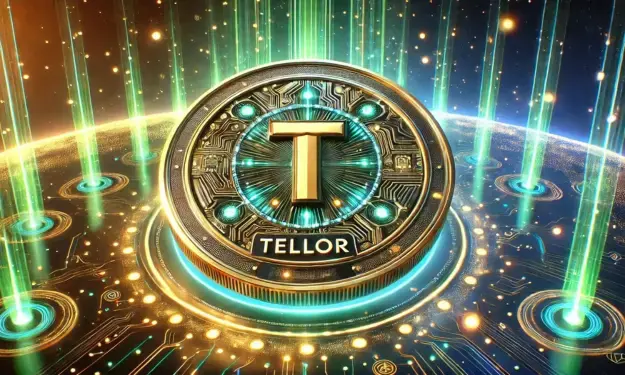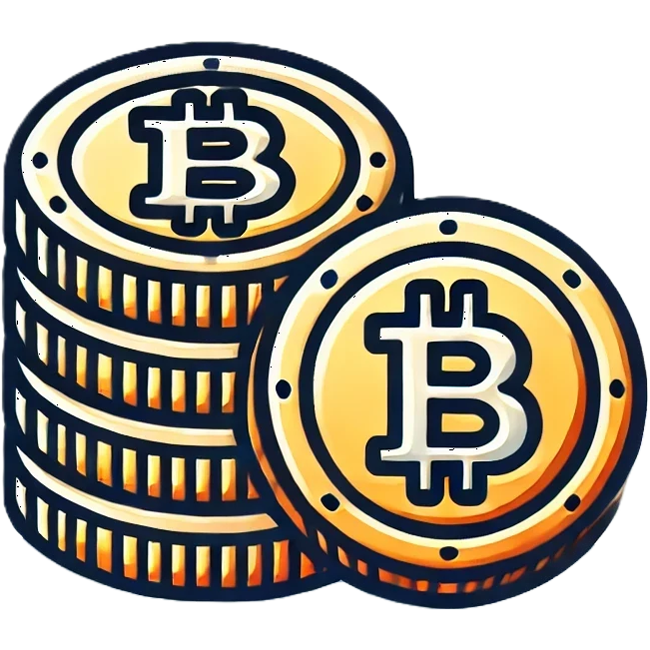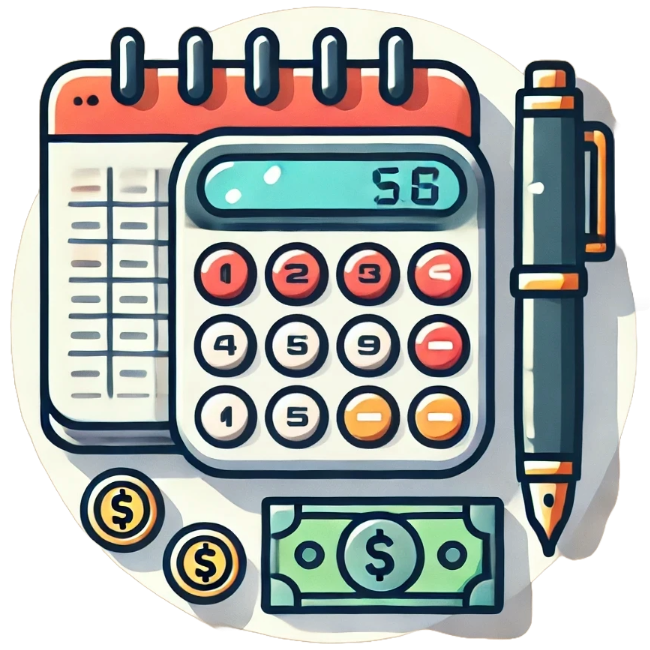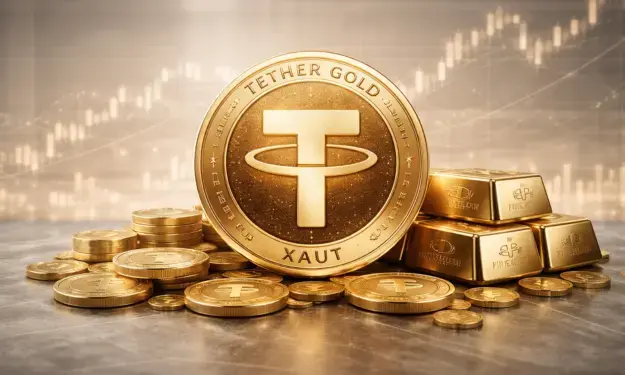Publication date: October 25, 2024
Teller, a unique player in the world of cryptocurrencies, plays a crucial role in the infrastructure of decentralized finance. In this blog, we examine the essence of Tellor, a project that stands out for its innovative approach to payment systems. We look at Tellor's inception and, examine key events and price trends. Finally, we provide insights into the pros and cons of investing in Tellor. All in all, this blog provides a comprehensive overview for both novice and experienced traders in cryptos.

What is Tellor?
Tellor was created in response to the urgent need for reliable and decentralized data for blockchain networks. The founders, a group of experienced blockchain developers, saw an opportunity to develop a system that could guarantee the reliability of external data brought to the blockchain. They set out to develop a protocol that was not just secure and transparent but, resilient to the centralization of power that is, common in traditional oracle systems.Tellor revolves around a decentralized network of miners. These participants are tasked with verifying information before it is added to the blockchain. In this way, they work to verify information before it is added to the blockchain. This process ensures that the data-feeding smart contracts are reliable and immutable. These smart contracts are self-executing contracts with agreements written directly into the code which is crucial for automated agreements running on the blockchain.
History of Tellor
Tellor was founded in 2018 in the United States by a team with far-reaching experience in blockchain and smart contract technology. The team that founded Tellor includes Nicholas Fett, Brenda Loya, and Michael Zemrose. Each of them brought valuable knowledge and experience in blockchain and smart contract technology.
Nicholas Fett
Nicholas Fett is the technical force behind Tellor. Before starting Tellor, he was an economist and software developer specializing in blockchain technology. His expertise lies mainly in designing decentralized applications. Nicholas has a background in economic analysis and was actively involved in developing policy strategies for blockchain technology. His technical skills and economic acumen were essential in creating Tellor's underlying economic model and technical infrastructure.
Brenda Loya
Brenda Loya has a strong background in software development with a specific focus on blockchain. Before co-founding Tellor, she worked on several blockchain projects where she gained experience with smart contracts and the technical challenges of decentralized networks. Her skills in coding and implementing complex systems were crucial to the development of Tellor's oracle mechanisms.
Michael Zemrose
Michael Zemrose brings a strong strategic and commercial perspective to the team. His experience before Tellor was primarily focused on managing relationships and projects within the crypto industry. Michael's knowledge of the market and ability to build strategic partnerships have played a key role in Tellor's positioning within the crypto community and its rapid post-launch adoption.
The combined expertise of this trio in both the technical and commercial aspects of blockchain has allowed them to design Tellor as a solution that is not only technologically advanced but also practical and scalable. Their focus on decentralization and transparency has made Tellor less susceptible to the problems often found in centralized systems such as manipulation and corruption.
The road to launch was not without its challenges. The team had to convince themselves that their solution was practical and scalable. After much testing and development, the Tellor Oracle network was launched, quickly gaining recognition within the crypto community for its innovative approach to decentralizing access to trusted data.
What's going on at Tellor?
Recently, Tellor has announced several strategic partnerships that have helped expand its technology and use cases. For example, integration with other blockchain platforms, such as Ethereum and Polygon, has increased Tellor's visibility and usability. These collaborations have not just increased the functionality of Tellor's network but, have also strengthened Tellor's perception as an essential player in the crypto market.
Another important aspect of recent developments has been the technological advances in their system, including updates to increase the efficiency and security of the data verification processes. These updates have contributed to increased investor and user confidence in Tellor's stability and future potential.
Pricing of Tellor
Tellor (TRB) has had an interesting journey since its launch in 2019. Initially, TRB, Tellor's native token, had a relatively modest value. The price began to rise, with the increasing focus on decentralized finance (DeFi) and crypto. The main spikes in Tellor's share price coincided with general market trends in the crypto world but, also with specific developments within the Tellor network itself, such as major updates or announcements of new partnerships.
A significant increase was observed in the mid-2020s when demand for decentralized finance rose sharply due to growing interest in DeFi applications. This was further reinforced by positive news reports on technological advances and strategic collaborations that highlighted the potential of the Tellor system. Stabilization periods and declines in share price can often be attributed to broader market corrections or specific incidents such as network attacks or critical bugs.
Recent trends show that while Tellor's share price is susceptible to the volatility of the broader cryptocurrency market, it still shows some resilience thanks to its fundamental value and unique approach. Looking ahead, it is likely that Tellor's share price will continue to respond to both internal developments and external market factors.
Benefits of investing in Tellor
1. Decentralization of data feeds:Tellor provides a highly decentralized solution to the problem of reliable data for blockchain applications. This reduces the risk of manipulation and increases security, which is attractive to investors interested in the integrity of oracle systems.
2. Essential for DeFi:The rise of decentralized financial applications has increased the demand for reliable oracle. Tellor, through its specific function within DeFi, is at the center of this development, offering growth potential.
3. Innovative technology: With regular updates and technological improvements, Tellor remains at the forefront of the crypto market, which can enhance the long-term value of its token.
4. Community and support: Tellor has an active community and, is supported by a network of developers who continuously work on improvements and new applications, which is a good indicator of sustainable growth.

.svg)









